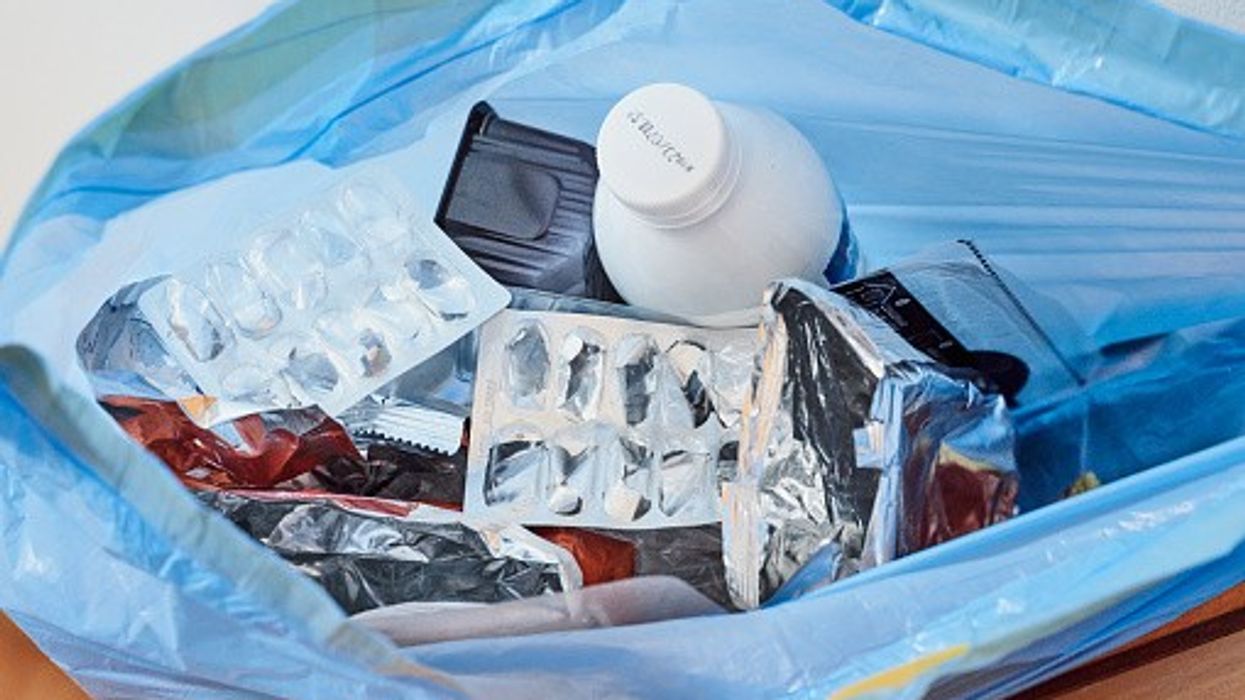Increased waste charges would put further pressure on the pharmacy sector which is already at "breaking point”
Community Pharmacy England (CPE) has voiced strong opposition to the Environment Agency’s (EA) proposals to increase waste charges, set to be implemented in April 2025.
The EA launched a consultation on these proposals from 11 November 2024 to 20 January 2025, seeking feedback on new regulatory charges for waste activities, including waste exemptions, a waste crime levy, and adjustments to hourly rates for certain activities.
The agency emphasised that these charge proposals are designed to fund regulatory work targeting waste crime.
In its response, CPE said that they “strongly disagree” with the proposed registration charge of £56 for waste exemptions, which would apply for a three-year period.
The CPE argued that such charges would “put further pressure on a sector that is already at breaking point” and they “have no ability to pass on costs to their NHS patients.”
“NHS community pharmacies are experiencing significant financial pressures due to chronic government underfunding and the current economic climate,” CPE stated.
“While other businesses are entitled to increase their charges to the public for services they offer, community pharmacies are not able to do this [as] NHS services are funded by the NHS/the government,” CPE stated.
The EA proposals also include a £30 compliance band charge for pharmacies registering under the ‘T28 waste exemption: sort and denature controlled drugs for disposal.’
This exemption allows pharmacies to denature and dispose of controlled drugs to comply with the Misuse of Drugs Regulations 2001.
CPE strongly disagreed that the T28 exemption in Band 3 should apply to NHS community pharmacies, stating that it is “unnecessary.”
The organisation explained that all community pharmacies are already registered with the General Pharmaceutical Council (GPhC) and the NHS, as required under their NHS contracts. The organization suggested that if charges are implemented, funding allocations should be negotiated to ensure pharmacies can meet these costs.
The CPE, in its response, said that it is unnecessary since all community pharmacies are already registered with the General Pharmaceutical Council (GPhC) and the NHS, as required under their NHS contracts.
“If any charge is to be levied funding allocation should be discussed to ensure that NHS community pharmacies can meet the charge,” the CPE suggested.
CPE also challenged the EA’s assertion that the proposed charges are affordable.
The EA considers a 10 per cent levy to be “a reasonable contribution,” as its economic analysis demonstrates that it will result in minimal financial impact on smaller enterprises, with worst-case impacts on revenue estimated at 0.07% and on profit at less than 0.4%."
However, CPE refuted this, insisting that “community pharmacies are not able to cope with any additional burdens unless they are funded by the NHS and agreed with the government.”
According to EA, illegal waste activity is estimated to cost nearly £1 billion to the taxpayer and legitimate industry.
The agency’s most recent waste crime survey revealed that 18 per cent of waste (34 million tonnes per year) may be managed illegally at some point in the waste cycle.
In its consultation, the EA highlighted that a significant number of operators register exemptions and do not comply, citing that 42 per cent of registrants inspected in 2022 were non-compliant.
“Waste exemptions are abused to hide illegal waste activities creating wide-scale risk of pollution and harm to communities.
“Better monitoring of waste exemptions will help achieve the targets from the resources and waste strategy to deter criminals from operating in the waste management sector and enforce better environmental standards,” it added.













